Liberation of Nagorno-Karabakh and seven surrounding regions of Azerbaijan from Armenia’s occupation in 2020 facilitates the solution to one of the longstanding and large-scale internal displacement situations in the world.
Forced displacement in Azerbaijan is a consequence of the military aggression by Armenia and ethnic cleansing conducted in the territories of Azerbaijan at the beginning of the 1990s. A as a result of the conflict more than a million Azerbaijanis were forcefully displaced from their native lands, among them, hundreds of thousands of Azerbaijani refugees fled from Armenia who was subsequently granted citizenship of Azerbaijan. All forcefully displaced people in Azerbaijan were temporarily settled in more than 1600 heavily populated settlements in 12 tent camps, villages consisting of railroad cargo-vans, half-constructed buildings, public facilities and etc.
Armenia’s next aggression attempt last year yet again severely affected the lives of hundreds of thousands of people in Azerbaijan. 84 thousand persons were forced to temporarily leave their places of habitual residence, among them the IDPs who repetitively suffered the tragedy of forced displacement. Though most of these people have returned home with the rapid and effective response from the Government to their recent displacement, 85 displaced families in the Tartar region of Azerbaijan who suffered tremendously from deliberate artillery shelling of civilian objects are still in shelters.
The situation of the displaced persons in Azerbaijan is notable for several reasons. The first is that, in a country of a little over 10 million citizens (7 million during the displacement), Azerbaijan hosts one of the largest per capita displaced populations in the world. Furthermore, unlike many situations of internal displacement, in Azerbaijan, the displaced persons enjoy the same rights as other citizens and do not experience discrimination. The other important distinction is that the Government of Azerbaijan, since undergoing from the beginning of the 2000s substantial economic growth, has assumed full responsibility for improving the living conditions of the IDPs while encouraging the continued engagement of international organizations. Azerbaijan is one of the prodigious countries in the world having pursued prudent economic policy transformed itself from a recipient of humanitarian aid to a donor country.
Also Read: Egypt, Qatar Deliver Trump’s Gaza Ceasefire Proposal to Hamas
Since 1998 the Government of Azerbaijan has been implementing the strategy for amelioration of living conditions of the forcefully displaced population, providing them with social assistance and benefits, and construction of more than hundred new, compact and modern residential areas for their temporary settlement. The national authorities managed to achieve significant progress in improving living conditions of the forcefully displaced population by eliminating all tent camps and cargo-van villages and providing 315,000 people living in dire conditions with temporarily homes in the newly established settlements without prejudice to their right to voluntary, safe and dignified return which has been sought for more than 25 years through diplomatic negotiations for the peaceful resolution of the conflict between Armenia and Azerbaijan.
The right of unconditional and safe return of Azerbaijani displaced population was confirmed in dozens of resolutions and decisions of the UN General Assembly, Security Council, OIC, PACE, OSCE, European Court of Human Rights and etc. At the same time, international expert community commended Azerbaijan’s progressive measures for assisting effectively its displaced population and setting one of the exemplary practices in this field. In 2014 the Special Rapporteur on human rights of IDPs of the UN acclaimed the Government of Azerbaijan for its dedication to the issue of internal displacement and for continuing to assume the primary responsibility for the protection and assistance of persons internally displaced by the armed conflict and indicated that “one of the main obstacles in the search for durable solutions for IDPs in Azerbaijan remains the absence of a political settlement to the unresolved conflict in and around the Nagorno-Karabakh region of the Republic of Azerbaijan”. He notably called on the international community and all parties concerned to work towards reaching a peaceful settlement to the conflict, with the aim of fully restoring the human rights of IDPs in Azerbaijan, in particular their right to voluntary return in safety and dignity.
The main priorities of the Government of Azerbaijan after the liberation of its territories in 2020 from three decades-long occupations are to clear these territories from mines and other unexploded ordnances, to restore the cities and other settlements totally destroyed during the conflict, and create necessary conditions for voluntary, safe and dignified return of the IDPs to their native lands. Unfortunately, this process is still hindered by Armenia’s refusal to submit the maps of mined areas (formularies) in the recently liberated territories to the Azerbaijani side. This is an absolute necessity to save human lives and accelerate post-conflict rehabilitation and reconstruction processes. In the period following the signing of the trilateral statement on cession of the military activities between Armenia and Azerbaijan last November, more than hundred citizens of Azerbaijan became victims of mine explosions, among them also IDPs who were impatient and couldn’t resist the rapture of visiting their liberated lands after three decades of forceful separation and longing, despite the warnings on perilous mine-risk situation in these territories. In overall, thousands of people in Azerbaijan died and seriously injured as a result of mine explosions since the beginning of the conflict.
Despite Armenia’s obdurate position on demining which is peremptory for rebuilding the lands totally devastated by 30 year’s illegal occupation, the Government of Azerbaijan while rightfully expecting from the international community to exert due pressure on Armenia for cooperation on eliminating the humanitarian consequences of its illegal activities in the formerly occupied territories of Azerbaijan, has already started demining and reconstruction works in the area, in order to provide the IDPs with the possibility of safe and dignified return. Taking into account the huge scale of the Great Return to the liberated lands, currently the process is realized through several pilot projects. “The first step” experimental project has been implemented for the collection of necessary information for the return and reintegration in 10 villages of Aghdam region. The aim of the project is to examine the operational mechanism for return and reintegration in liberated lands, to draw necessary results and to use this pilot project as a model for the future step-by-step return process in line with the UN Guiding Principles on Internal Displacement, core human rights conventions and applicable best practices, as well as with the involvement of the population of concern. Currently, the initial surveys are also being conducted to estimate the number of people who are willing to return to their former places of residence.
Also Read: Israeli Airstrikes Kill 54 Palestinians Across Gaza
The successful experience of rehabilitation and return to Jojug Marjanly village that was secured from Armenia’s direct military targeting after the liberation of strategic heights from occupation in April 2016 will also be applied. Jojug Marjanly was a unique return project implemented for the first time in Azerbaijan, where the enabling environment was created for 150 families to return to their native lands after 23 years.
The three decades war in the territory of Azerbaijan is over. The people of Azerbaijan want long-lasting peace and prosperity in the region. All necessary humanitarian measures for alleviating human suffering caused by 30 years of conflict should be taken and war-affected people should start to live decently. The people of Azerbaijan expect from the international community to support their country’s efforts for sustainable peace and prosperous future in the region. (AK/R6/P2)
Source: The Embassy of Azerbaijan in Jakarta
Mi’raj News Agency (MINA)
Also Read: School Bus Explosion in Pakistan Kills Five, Military Accuses India





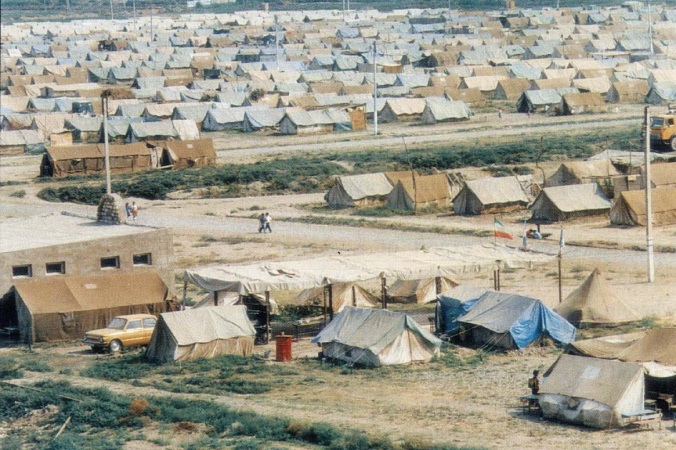

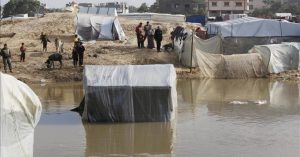
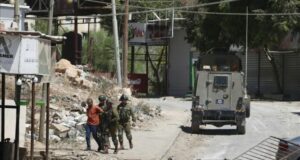
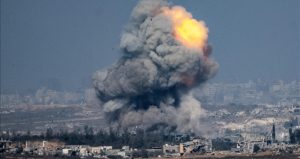



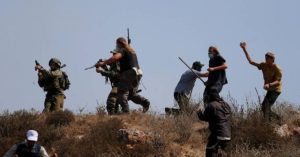

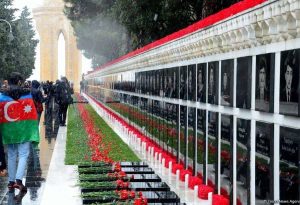
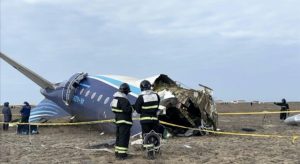

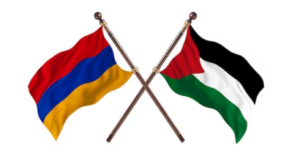
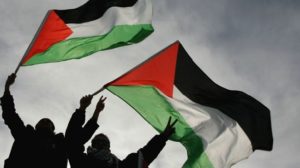









 Mina Indonesia
Mina Indonesia Mina Arabic
Mina Arabic